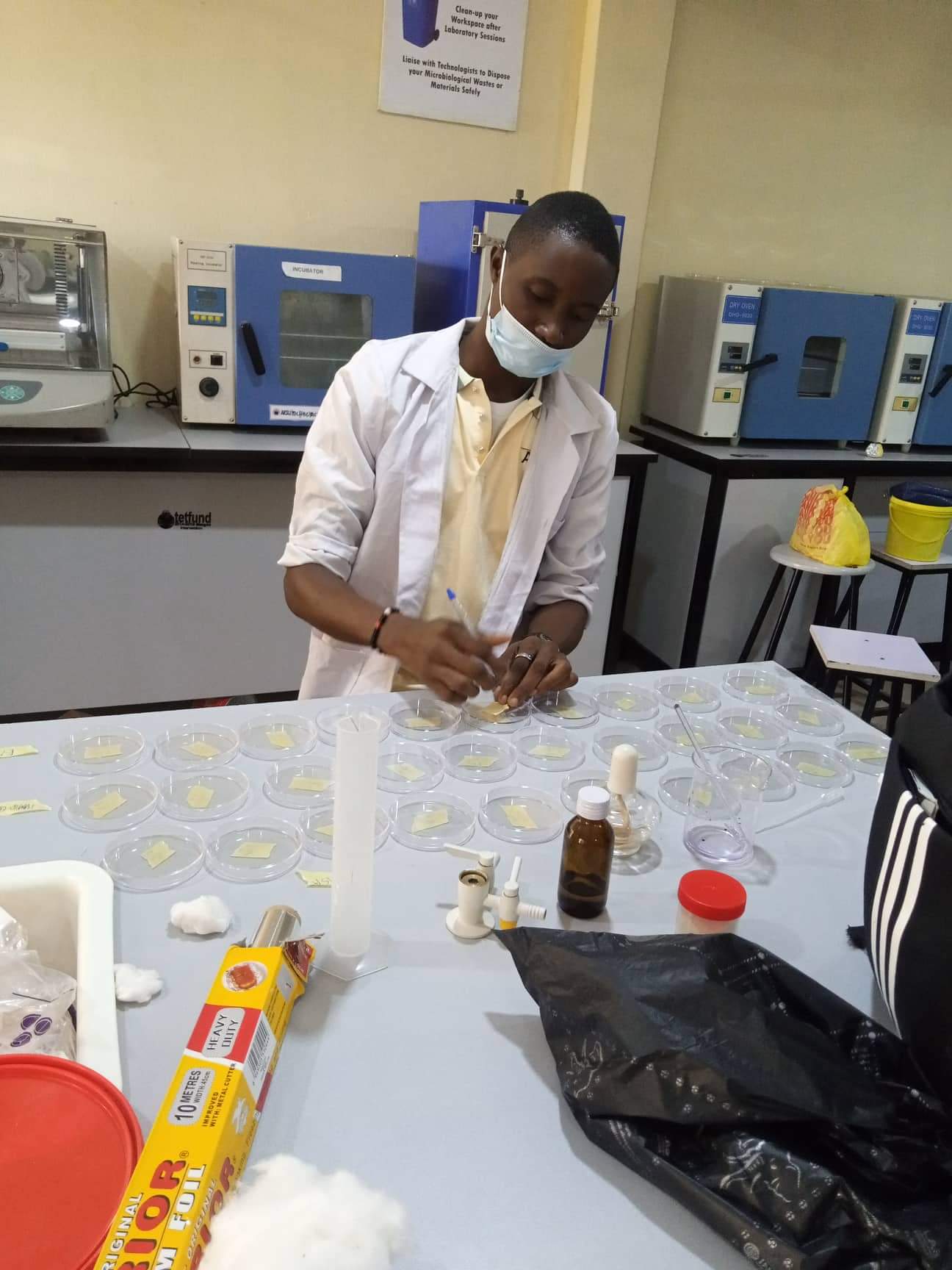Last Updated on September 18, 2023 by Akwaowo Akpan
Theoretically speaking, an IB student is a participant in the IBO’s International Baccalaureate Diploma Program. In essence, IB students are the ones that improve the world through their global perspective and cultural awareness.
Many colleges favor applicants who have completed International Baccalaureate programs, as we’ve previously noted. The intellectual rigor of the IB puts them in a favorable light, and they get accepted at a rate that is 22% higher and earn higher GPAs overall.
Universities even provide course credits for IB subjects.
Given the common opinion of admissions officers regarding secondary pupils and their fitness for university, this kind of preference is fairly significant. According to a 2017 report by ACS International Schools, a startling 49% of UK admissions officers think sixth-formers are unprepared to transfer to universities.
These officers argue that the primary causes are pupils’ general lack of independent thinking abilities, time management issues, and inadequate preparation.
“The world no longer rewards people for what they know – Google knows everything – but for what they can do with what they know,” argues Andreas Schleicher, Director for Education and Skills at the OECD. Today’s global education must focus considerably more on ways of thinking, such as creativity, critical thinking, problem solving, and decision-making, as well as ways of functioning, such as communication and teamwork.
Inquiring minds, enthusiastic and good attitudes toward learning, and strong collaborative skills are additional crucial talents that are all addressed in the IB’s guiding principles of education.
These same admissions authorities think that the IB does indeed give its diploma holders these skills. The IB Diploma, one officer admits, “is as close to ideal in terms of academic rigor and the necessity to perform project work, with more comprehensive life skills. It is crucial to achieve the proper balance.
This opinion is widespread, not just in the US or the UK. Here are some anecdotes from admissions staff at various institutions throughout the world.
glowing acclaim Kim Bartlett, director of admissions at McGill University in Canada, discusses the intense academic preparation IB students may anticipate receiving and how it relates to university life:
“McGill has actively sought out IB students for more than 20 years.
Even today, our admissions officers can be certain of the candidate’s strong and well-rounded academic preparation when they review an application from an IB diploma candidate, whether they are from the nearby CEGEP (collège d’enseignement général et professionnel) or from the other side of the world. We have observed that IB students successfully navigate the demanding academic obstacles of university life. I can vouch for the respected status of the IB diploma in elite colleges across North America as a member of the College and University Recognition Taskforce.
Professor Lyn Griffiths, Head of Griffith University Gold Coast’s School of Medical Science and Director of their Genomics Research Centre, emphasizes the distinctive learning skills developed in the IB, a key element of the Learner Profile, from across the globe in Australia:
“More university students are now continuing their education to earn postgraduate research degrees. For people who want to pursue tertiary research degrees and research professions, specialized skills are needed. The International Baccalaureate program places a strong emphasis on individual learning, inquiry-based learning, and lifelong learning. These are precisely the qualities required to successfully complete postgraduate research programs and to establish long-term, successful research careers.
The principal of HR College at the University of Mumbai in India, Dr. Indu Shahani, speaks highly of the maturity, candor, and open-mindedness of IB students.
“At the University of Mumbai, we have taken great pleasure in admitting students from the IB Diploma Program over the years. The candidates distinguish out as experienced, grounded students with a wide-ranging perspective on education. They participate actively in class and have a wealth of knowledge. Even if they have strong ideas, it’s interesting to see how receptive they are to other people’s viewpoints. Their emphasis on practical application aids other college students in bridging the gap between theory and practice.
Definitely influencing our undergraduate education is the IB philosophy! It seems like an enthusiastic endorsement, doesn’t it? The IB is specifically created to educate students for the job and the real world, enabling them to become global citizens and make meaningful contributions to society.
Ibrahim Refai, a Grade 12 student at Brock University Canada, earned an offer of admission to the Bachelor of Science in Medical Sciences in January 2019, just one month after submitting his application. Ibrahim received a prize for being an IB DP student in addition to the Brock Scholars Award in recognition of his exceptional academic accomplishments.
The IB’s own manual for universities and colleges assures admissions officers of several presumptions in every applicant:
Academic strength of curriculum Admissions officers can be certain that students will be well-prepared for their coursework in a coherent and broad curriculum that includes the fundamental subject areas of mathematics, social sciences, humanities, and science experiments.
Read also: What Is the Difference Between an AA, AS, and AAS Degree?
Academic strength of schools
Each IB World School must provide, support, and keep up a minimum of seven or eight academic departments that are strong.
Academic strength of students
The IB Diploma Programme requires students to maintain a high level of focus and performance.
External validation
The IB Diploma Programme validates both achievement and academic integrity in students’ performance through its examination requirements.
Research and writing skills
The extended essay requirement, which entails conducting an autonomous, self-directed piece of research and producing a 4,000 word paper, serves as a useful training ground for the kinds of undergraduate study that are necessary for continuing and higher education. Additionally, it gives students the chance to delve deeply into a chosen subject’s topic of interest.
Acceptance of educational challenges
Participation in the IB Diploma Programme demonstrates that students accept, rather than avoid, rigorous academic challenges.
Critical‑thinking skills
Students are guaranteed to develop critical thinking skills and an understanding of the interdisciplinary nature of learning thanks to the mandatory theory of knowledge course.
Interview skills
IB students are well-prepared for oral presentations. In several IB courses, oral examinations are required, and in the theory of knowledge course, students are expected to formulate their thoughts into logical arguments.
Extra‑curricular involvement
The creativity, action, and service component mandates that students devote at least 150 hours in their last two years to extracurricular activities.
Maturity and responsibility
Students can learn time management, goal-setting, and other organizational skills through the IB Diploma Programme.
Every student in the SISD is subject to each of these presumptions, so you can be sure that your child will stand a good chance of getting into any institution to which they apply.

